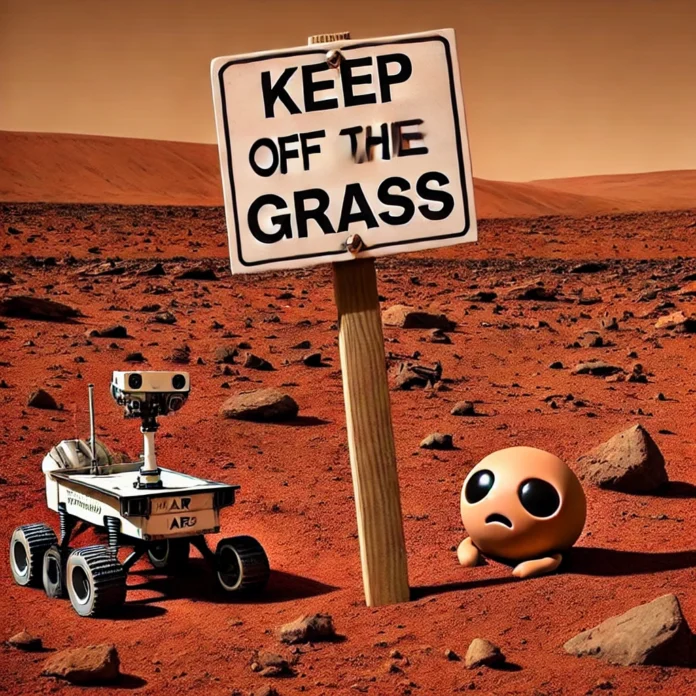As we venture into new territories beyond Earth, sustainability must be at the core of our exploration efforts. With the upcoming lunar and Martian missions, such as NASA’s Artemis program and the China-led International Lunar Research Station, we stand on the brink of a new era in space exploration. However, this progress brings with it significant environmental challenges. The moon and Mars, in particular, are at risk of irreversible alteration due to human activity. Adopting sustainability as a guiding principle is essential to safeguarding these pristine environments and ensuring that our exploration does not mirror the environmental damage we’ve inflicted on Earth.
The Role of Sustainability in Space Exploration
Historically, planetary protection policies have focused primarily on preventing biological contamination, particularly during missions like Apollo and current robotic explorations of Mars. However, these policies need to be expanded to address broader environmental impacts. This includes not only biological contamination but also the ethical use of resources and protection against atmospheric and abiotic contamination on other planetary bodies.
Challenges and Solutions
The primary challenge lies in updating existing frameworks to incorporate comprehensive sustainability measures. Current policies derived from the Outer Space Treaty (OST) and managed by bodies like COSPAR (Committee on Space Research) are insufficient for the new scale of human activity planned for the moon and Mars. We must revise these policies to ensure that they encompass all aspects of environmental protection, from biological to atmospheric impacts.
Why It Matters
The implications of unsustainable practices in space are profound. Not only could we permanently alter other celestial bodies, but we might also lose the opportunity to learn from these environments. Furthermore, the sustainable practices developed for space exploration, such as closed-loop life support systems and efficient resource management, could offer significant benefits for Earth’s own environmental challenges.
Conclusion
Sustainability in space exploration is not just about protecting other planets; it’s about learning from our past mistakes on Earth and applying those lessons to ensure a better future. As we establish permanent human presence beyond our planet, we must ensure that our actions today do not preclude future generations from exploring and benefiting from these environments. The time to act is now, embedding sustainability at the heart of our space policies.


